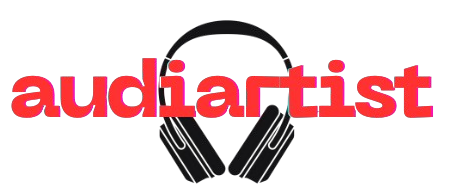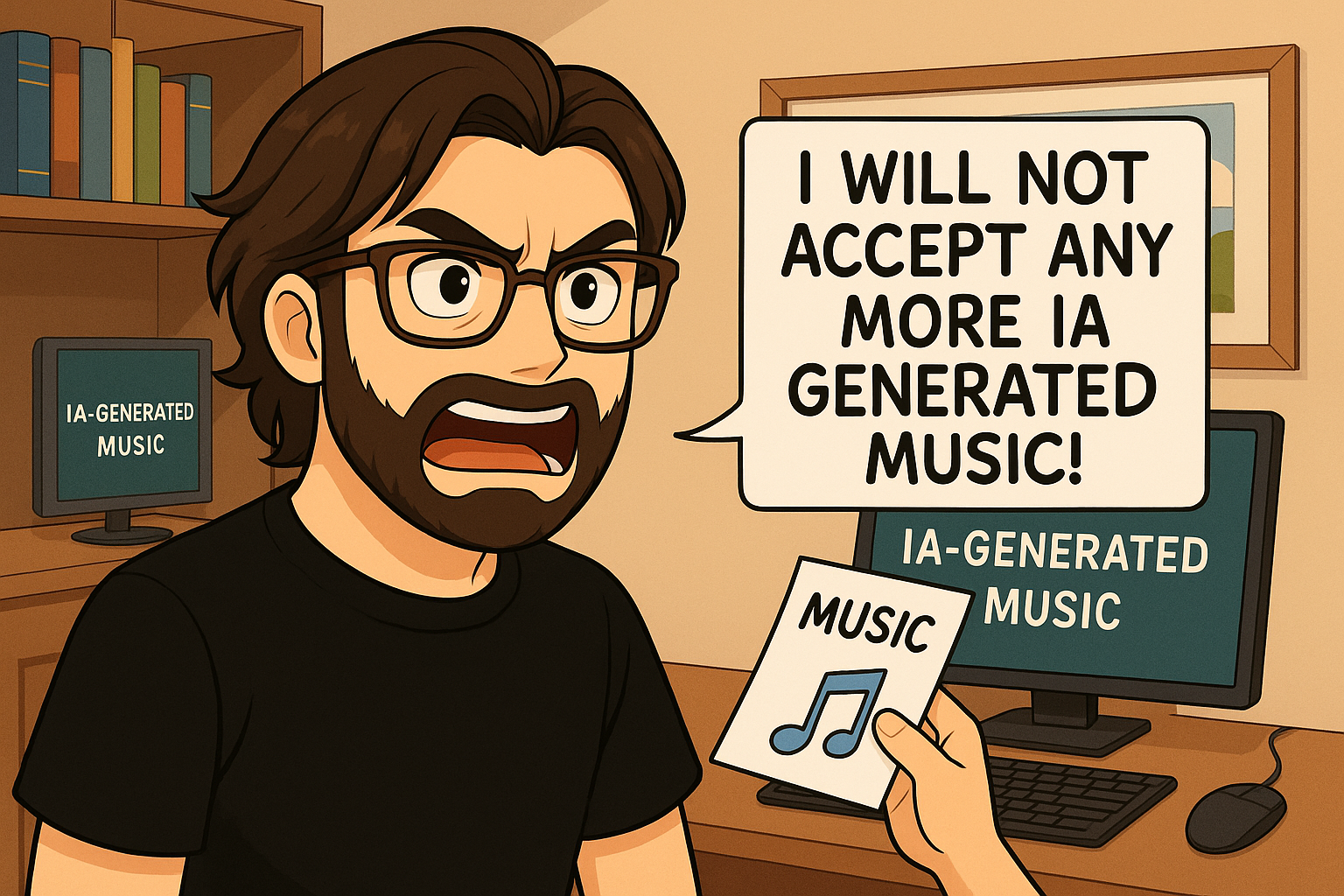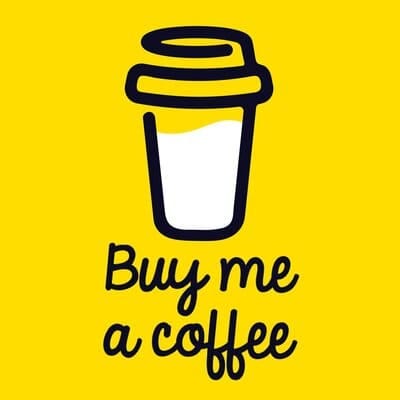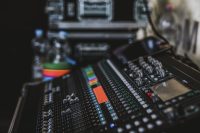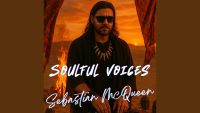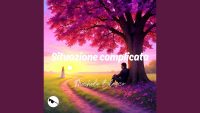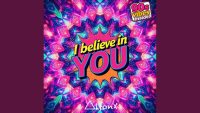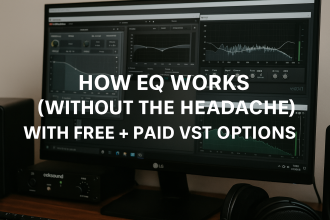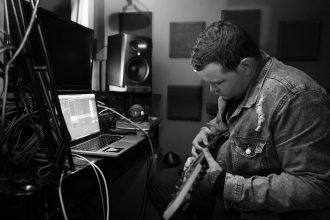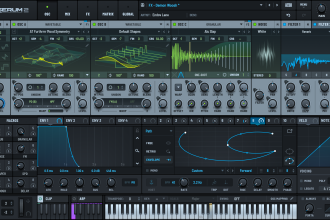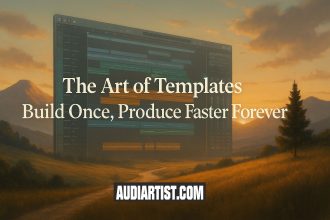I’m a musician, curator, and blogger. Like many, I use artificial intelligence every day. It helps me a lot: creating visuals, assisting with web content writing, even generating videos. In short, AI is an incredible tool.
But let’s be clear: AI is a tool, not an identity.
AI as a creative ally, not a replacement
Yes, a content creator who needs background music for a video can use an AI music generator. It’s practical, it saves time, and it avoids having to contact a musician or purchase a license (although, let’s not forget, most generators aren’t free).
But turning that convenience into a so-called music career is a completely different matter. Creating a 100% AI-generated song — lyrics, composition, and vocals — and releasing it on Spotify, Deezer, or Apple Music raises a real question: what’s the point?
Streaming platforms are not school playgrounds where you dump your experiments just for fun. They are professional spaces where thousands of artists invest time, money, and pieces of their lives into their craft.
“But I wrote the lyrics…” Really?
I often hear this argument: “But I wrote the lyrics, so that makes me a musician.”
Sorry, but no. Writing text doesn’t make you a musician. Just like typing a prompt into MidJourney doesn’t make you a graphic designer, and asking an AI to generate a video doesn’t make you a filmmaker.
Being an artist means getting your hands dirty: composing, playing, singing, mixing, failing, trying again, and spending sleepless nights searching for that perfect sound. That experience is what gives a work value — not a line of code.
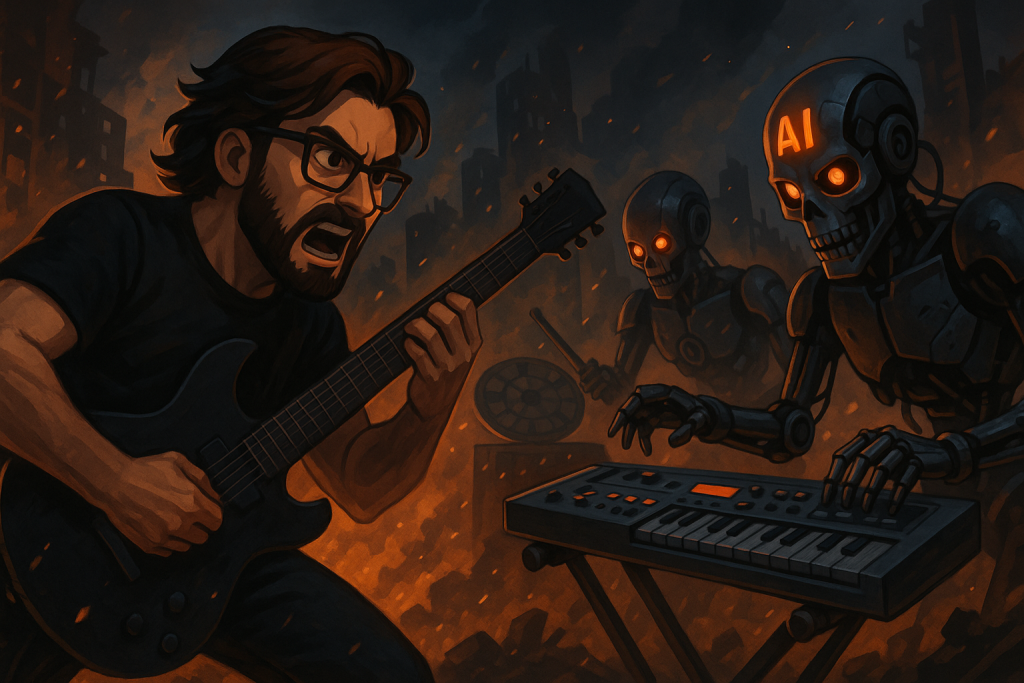
A revealing story
Not long ago, I spoke with an “AI artist.” I listened to his track and admitted it sounded polished. I even congratulated him. Then I asked some simple questions: influences? gear? process? Every answer was vague and evasive.
Curious, I checked his profile on Deezer: his tracks were clearly labeled as AI-generated. When I shared my thoughts, he dismissed me, saying I “didn’t understand.”
But it’s not that I don’t understand. It’s that he confuses prompting with artistry.
Real AI tools in music have existed for years
Don’t get me wrong: I’m not anti-technology. AI-like tools have been in music production for decades — arpeggiators, automatic basslines, chord assistants.
They are fantastic tools: they inspire, they unlock creativity, they help with experimentation. But they don’t replace the human element. They support the artist; they don’t become the artist.
The risk: a digital landfill of soulless tracks
The biggest danger of AI-generated music is platform pollution. Thousands of soulless tracks are uploaded every day to Spotify, Deezer, and Apple Music. Songs generated in minutes, copied and pasted, without emotion or story.
Music is more than just notes assembled in the right order. It’s lived experience, emotion, mistakes, improvisation, sweat, and sleepless nights chasing the perfect mix. Believing an algorithm can replace that is simply delusional.
Conclusion: keep your AI tracks for YouTube
By all means, have fun with AI. Post your creations on YouTube, SoundCloud, TikTok. Experiment, mash things up, share demos. But please, don’t flood professional streaming platforms with disposable, lifeless tracks.
Because while some people are busy generating 10 tracks a day, others are pouring months of hard work into writing, composing, recording, and mixing just one song. And those artists deserve not to be drowned in a digital landfill.
![]()
